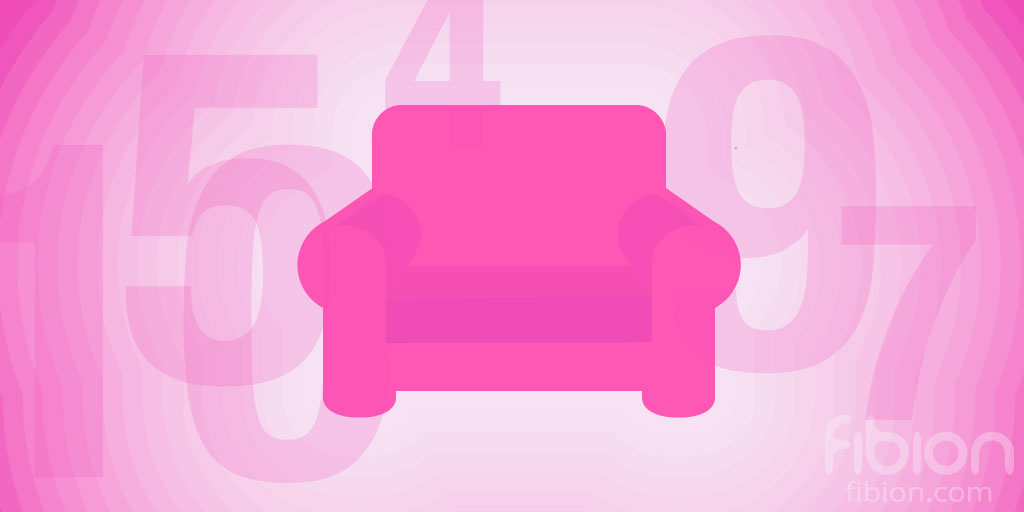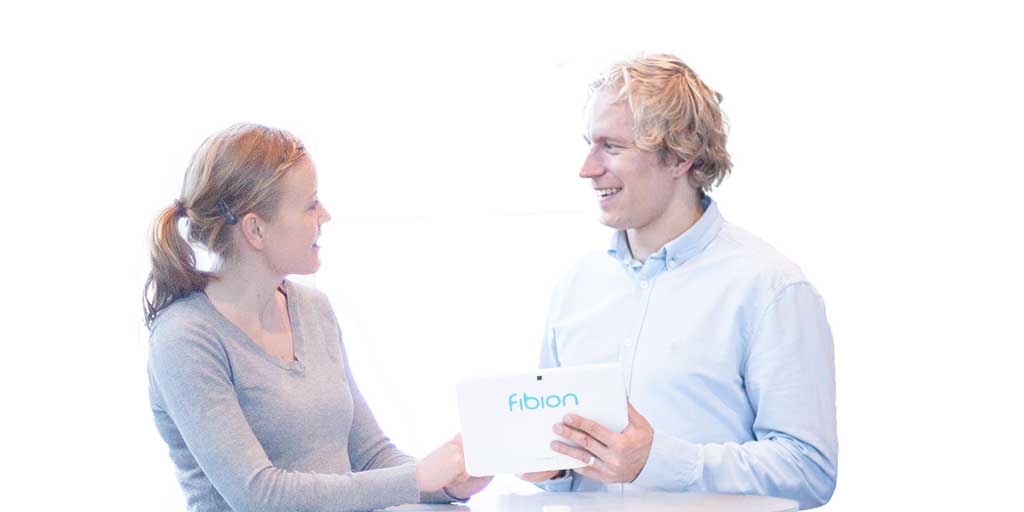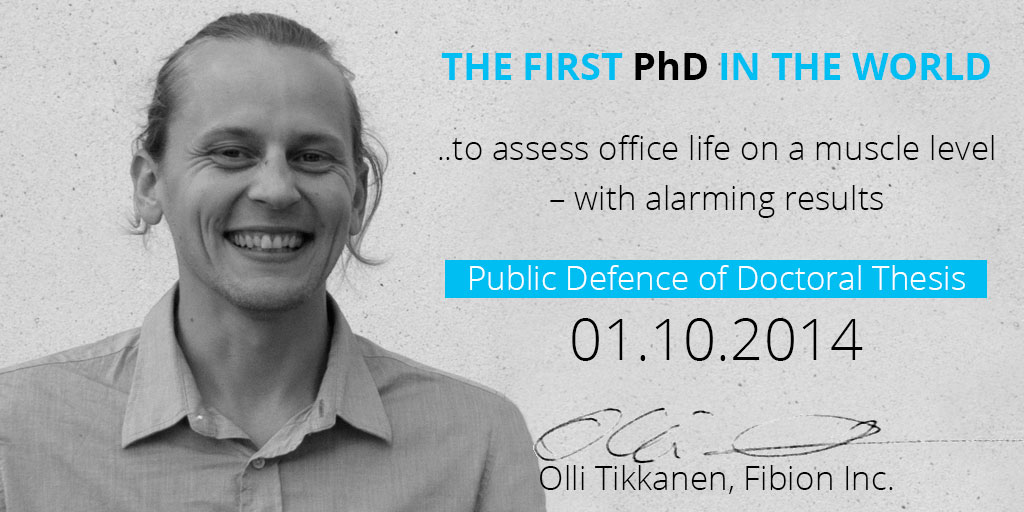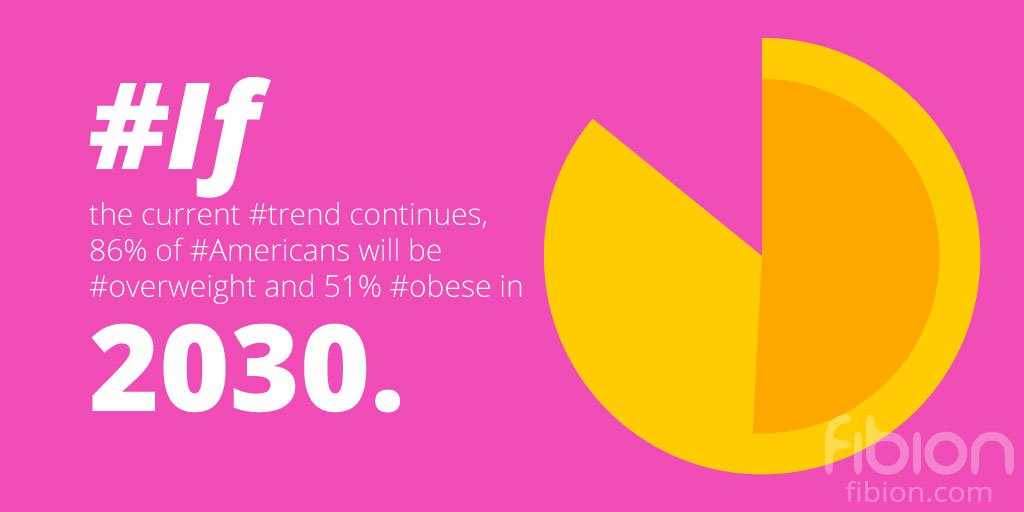Energy Metabolism: Move Only When You Must, Rest When You Can
In order for us to better understand how our bodies function, we should examine it with historical perspective regarding the physical demands of the surrounding environment. Physical activity was required in order to find food, which is essential for survival. As successful hunting was never ensured, alternating times of feast and famine were normal in ancient jungle camps. Similarly, the...












